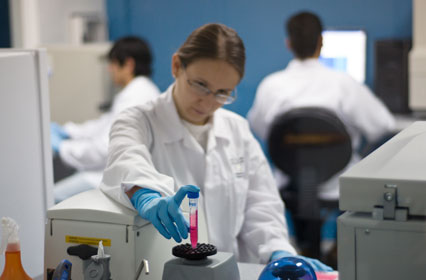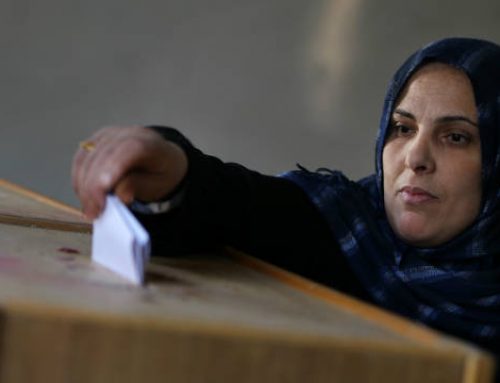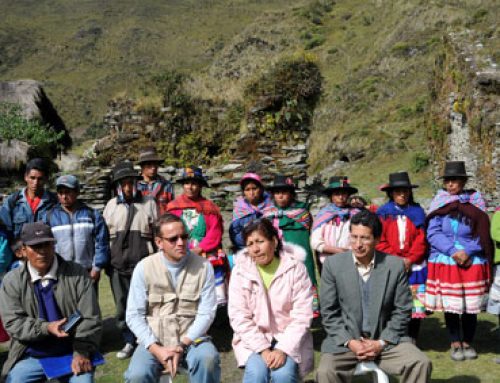 Statement of Work: The RFAN will increase the capacity of Latin American indigenous forensic organizations to use DNA analysis and systems, established at the Guatemala Forensic Anthropology Foundation (FAFG) laboratory in Guatemala, to enhance their abilities to analyze and identify victims of human rights violations. RFAN will give all participant organizations access to civil society-based information sharing network promoting South-South cooperation and capacity-building.
Statement of Work: The RFAN will increase the capacity of Latin American indigenous forensic organizations to use DNA analysis and systems, established at the Guatemala Forensic Anthropology Foundation (FAFG) laboratory in Guatemala, to enhance their abilities to analyze and identify victims of human rights violations. RFAN will give all participant organizations access to civil society-based information sharing network promoting South-South cooperation and capacity-building.
RFAN Objective: Strengthen the capacity of forensic anthropology organizations in Guatemala, Peru and El Salvador to identify victims of armed conflicts through DNA analysis.
RFAN Expected Results/Outcomes:
- Search for missing and disappeared in urban areas –recovering the missing from the Guatemalan civil war buried in urban areas and identifying them by DNA analysis.
- Regional training with DNA laboratory access – Pro-Búsqueda in El Salvador and the Peruvian Forensic Anthropology Team (EPAF) trained to collect and analyze DNA samples and to analyze these samples in FAFG’s DNA lab. Pro-Búsqueda and EPAF able to analyze raw data, make comparisons and manage data in their own countries.
RFAN is Innovative: RFAN links modern-day forensic analysis techniques to identify thousands of “disappeared” which were previously unidentifiable due to lack of DNA analysis capacity among Latin American forensic organizations. FAFG, as regional leader, will build technical capacity through a South-South approach while empowering and training other Latin American geneticists to raise their technical expertise.
RFAN is Sustainable: FAFG will work to develop a dependable revenue stream from outside sources requiring DNA processing services to ensure laboratory sustainability. FAFG will establish itself as a regional training center for ISO 17025 certified DNA analysis.
RFAN has Demonstrated Impact: FAFG will continue to produce breakthroughs in applying DNA processing in developing countries and share knowledge and experience with sister forensic organizations to improve identification of victims of forced disappearance in the region.




